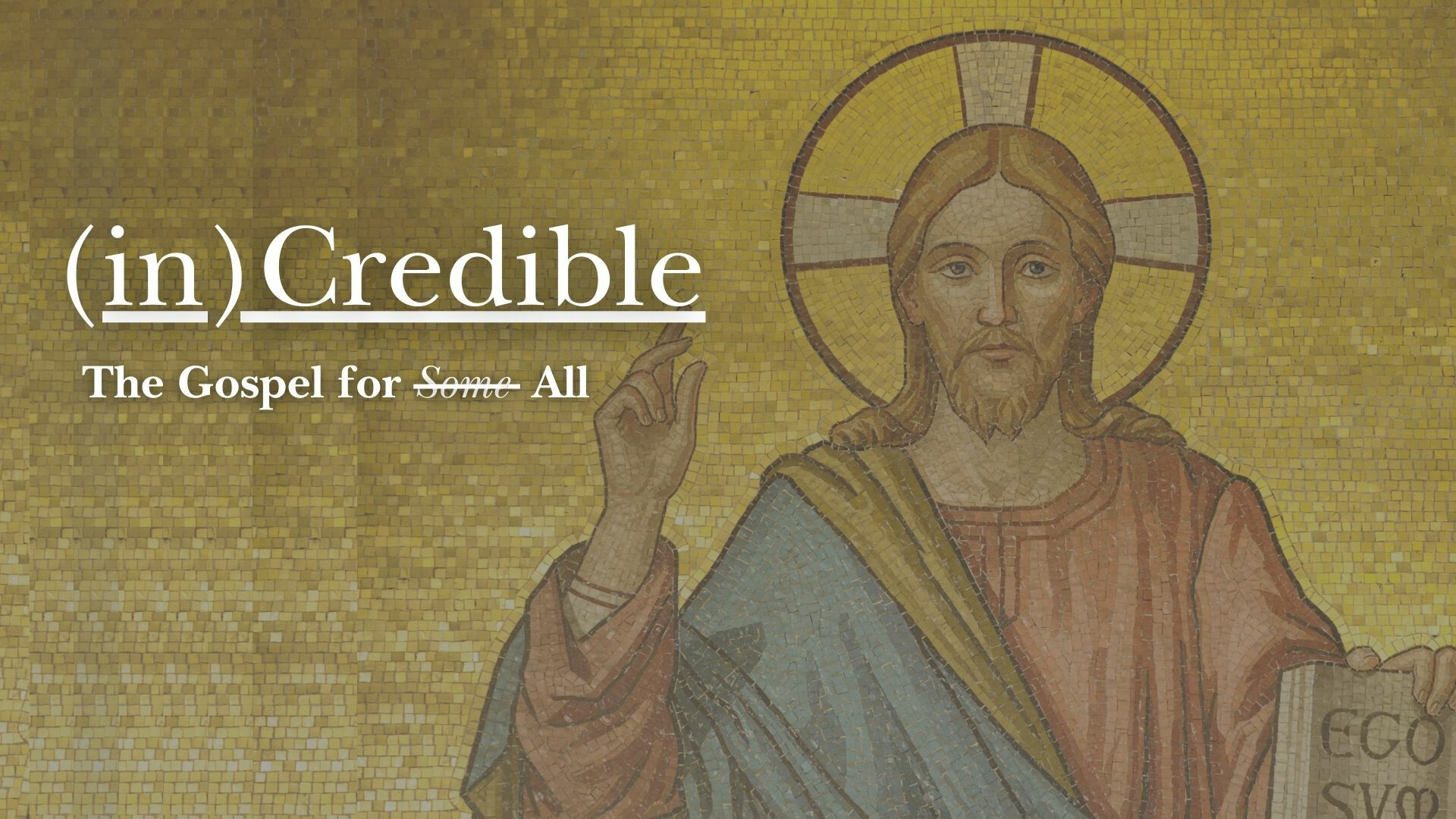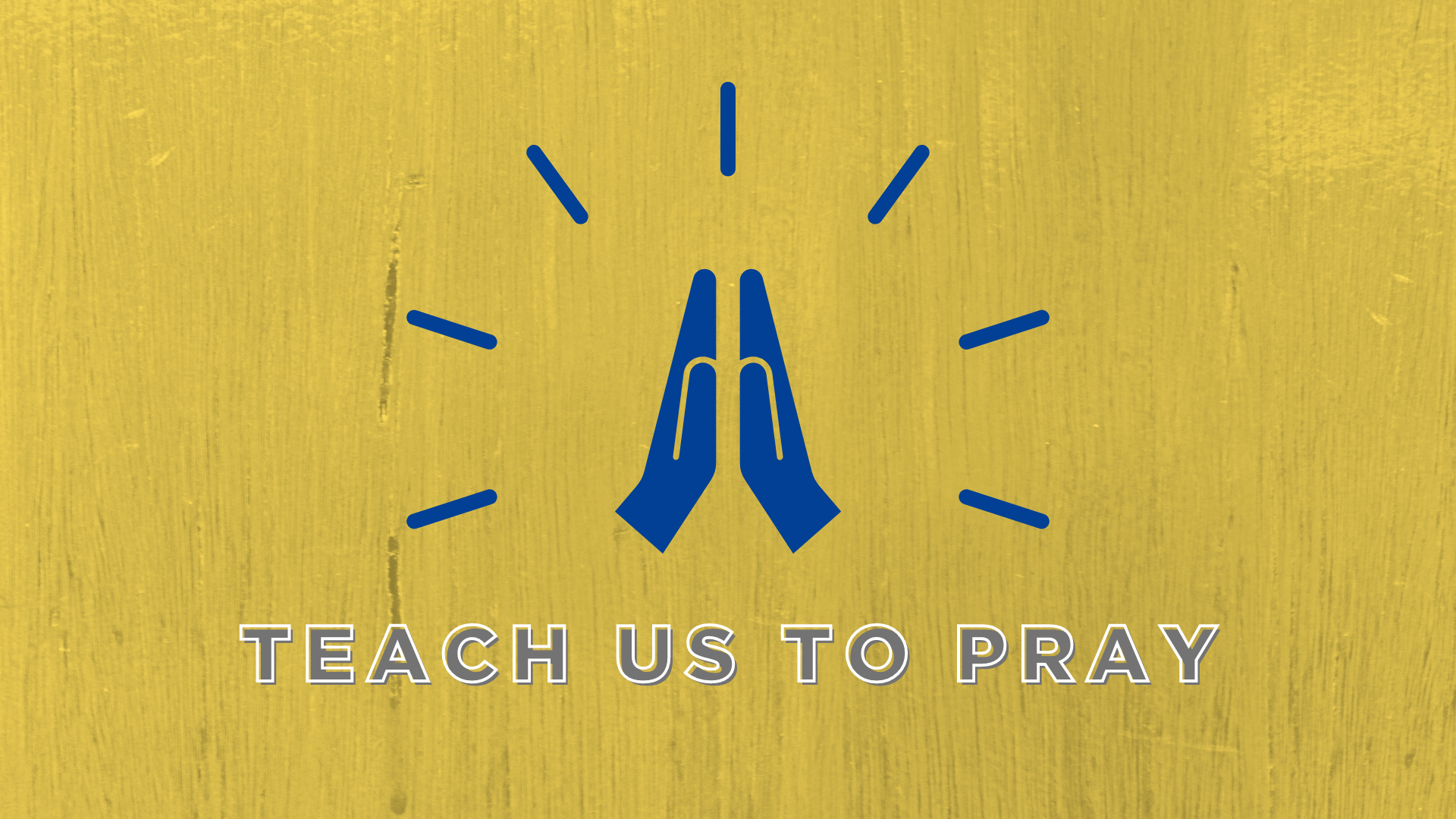Dec 15, 2024
Contact Us
- Phone: (612) 338-6500
- Email:
- Mailing Address: 1501 West 54th Street, Minneapolis, MN, 55419


“What other time or season can or will the Church ever have but that of Advent?” So says theologian Karl Barth. That’s because when we place our particular cultural moment within the broader timeline of history, we, The Church, are a people who live “between the times.” We live in the tension of the now and the not yet, between the inauguration of God’s good kingdom in the first coming of Jesus, and the and the fulfillment and consummation of that kingdom at his second coming. Jesus’ first coming, incognito in a stable in Bethlehem will be very different from his second coming, when he will descend in the clouds, come with glory to judge the living and the dead, and every knee will bow. And then this from Revelation 21:3-5, “there will be no more death or mourning or crying or pain, for the old order of things is passed away. Behold, I am making all things new!”
This is why, for the Church, it is always Advent. The word “advent” is based on an ancient Latin word: ad (to) and vent (come). To come. It’s all about waiting. And the focus is not so much on looking back at Jesus’ first coming, though that is how much of our society views it. It’s more about looking forward to Jesus’ second coming. And waiting for the fullness of God’s kingdom to come is challenging! It’s hard to wait for two thousand years! We get impatient. We get discouraged by the delay. We get distracted.
This series seeks to help us to live more into the reality of our waiting, just as All The Earth Is Waiting for the great final act of history. We will spend the four weeks of Advent leading up to Christmas Eve reflecting on what we are waiting for and how we can wait, culminating in remembering Jesus’ first coming as the assurance of his second coming.
Dec 15, 2024

I’ve made a new friend. And I really like him! I want to introduce you to him! Here are some key traits I want you to know before you meet him. First, he’s a thorough, precise historian. Facts matter to him. He’ll often remember important details in a story others leave out. Second, he’s highly respected. He’s a professional…a doctor, nonetheless. He really cares about the physical body and overall health of people. Third, one down-side to him is he can be a bit long-winded, although what he says is pure gold! Fourth, and finally, despite all his previous-mentioned accomplishments, he’s the kind of guy who always brings a generous view of others into the conversation. If we were in the lunchroom of the office and someone’s name came up and people started maligning them, my new friend would likely be the one defending them saying, “Well, I don’t think they’re so bad.” He genuinely has such an inclusive nature. He doesn’t ever want to leave anyone out. Like I said, he’s pretty easy to like!
I’m describing Luke, the author of the books of Luke and Acts in the New Testament, and one of its greatest contributors. His two-volume book—for most scholars agree Luke and Acts were written as one long work—is a unique record of the Story of Jesus and the early church. Paul describes him as “my dear friend Luke, the doctor” in Colossians 4:14 and a “fellow worker” in Philemon 24. Most likely, he was a companion of Paul at various points in his missionary journeys. 2 Timothy 4:11 describes him as a loyal friend who remained by Paul even after others deserted him. He is also the only known Gentile, or non-Jewish, writer of the New Testament. Maybe that explains his bent towards inclusivity?
As followers of Jesus, it’s important every year to immerse ourselves in the Story of Jesus so we remember who it is we are following and why it’s the best way to live. This January through March, leading up to and including Easter, we will be looking at the Story of Jesus through Luke’s perspective. And Luke’s purpose is two-fold: to help us know the “the certainty of the things you have been taught” (1:4)—that it is indeed credible…plausible… believable…compelling, and to make sure we open up this invitation to all people…not just those we think are worthy of it. Luke’s biography of Jesus includes lots of scenes with people generally on the fringe…lepers, tax collectors and sinners, women and children, and Gentiles. My hope and prayer for this series, is that we will find the story of Jesus (in)Credible—both credible in its claims, incredible in its message and ability to transform us, and that we will find both comfort and conviction in the fact that this is the Gospel for Only Some All people.
Feb 18, 2024

I’ve said it before, but I’m like a kid in a candy store thinking about all the texts of Scripture we could immerse ourselves in and I could have the privilege of teaching from in our worship services. So why start this fall in Ephesians? Because I have a high regard for pastor, writer, professor of my seminary, and translator of The Message, Eugene Peterson. And in teaching on spiritual formation, he always taught from the book of Ephesians. He said that ever since first teaching a Sunday School class on it in 1965 with three elderly saints Catherine, Betty, and Lucille, he found it to be the text of Scripture that would most comprehensively form his identity as a pastor working in a congregation in which the Holy Spirit was developing a community of saints to “grow up into the full measure of Christ.” (Eph 4: 16)
As I have been immersing myself in this book the last couple of months, I think he’s on to something. We know that “church is the core element in the strategy of the Holy Spirit for providing human witness and physical presence to the Jesus-inaugurated kingdom of God in this world.” (Peterson, Practice Resurrection, 12) We churches are intended to be God’s advertising for the world. The book of Ephesians is the apostle Paul’s most comprehensive book on what churches are to be. It’s the only letter we have in the New Testament that was not written in response to some problem a specific local church was facing. Likely, that’s because it was written not only to the church in Ephesus, but also with the intention of being passed around to all the churches in the area, so they could acquire a clear vision for who they were to become in Christ. If we want to understand who we are as God’s church, Ephesians is a great place to start.
And the vision set before us is clear: maturity in Christ, or “healthy in God, robust in love” (Ephesians 4:16 Msg)—whole and holy (1:5 Msg). What I love about this is that contrary to some perspectives on spiritual formation, the book of Ephesians urges us to have a spiritual life that impacts every aspect of our being: physical, emotional, spiritual, relational, behavioral, vocational, financial, and on and on. Paul is clearly convinced that the way of life God wants for his people…his saints (holiness), is not just good press for God, but also leads to healthy (whole) living. It turns out holiness is related to wholeness…to human flourishing. And couldn’t we all use more of that? As City Church begins this new season of ministry and witness as God’s press here in southwest Minneapolis, it seems fitting to look at this fundamental book on how the Holy Spirit is at work developing a community of saints from people who have found new life in Christ. May God’s vision for church be increasingly a reality among us: for our sake (whole) and His glory (holy).
Nov 05, 2023

Most of us are familiar with the Lord’s Prayer: Our Father in heaven, Hallowed be your name. Your kingdom come, your will be done, on earth as it in heaven. When Jesus taught his disciples how to pray, this was his first desire: for God’s Name, God’s Kingdom and God’s Will to become more a reality on this earth, as it already is in heaven. If this is Jesus’ great desire, then it must be ours as well. And in order to join God in the work of seeing more of this good kingdom come, we need to understand what exactly it is.
It turns out, Jesus talked a lot about God’s kingdom in his life and ministry. When he first launches his ministry—on Jesus’ Day One in the job, if you will—he declares this announcement: The Kingdom of God is here! (Mt 4:17, Mk 1:15). The people in Jesus’ day were longing for God’s kingdom. They were eagerly anticipating the day when God would set the world right—free people from all wrong-doing and usher in God’s rule of love and justice and peace. Jesus’ announcement that this new reign had begun with his arrival changed everything! It meant this kingdom is not just a future reality, but also a present reality!
But that understanding didn’t quite match the reality or expectations of Jesus’ contemporaries. If God’s kingdom was finally here, where exactly was it? Why weren’t Israel’s enemies being overturned, why wasn’t Jesus mobilizing a mighty military, why was evil and injustice still permitted? Jesus had to repeatedly explain—in various ways with various tools—how God’s kingdom is different from what they expected. In Matthew 13, Jesus tells a series of parables about the kingdom to do just that. In this short mini-series, we’ll look a four aspects to God’s kingdom to help us enter into its reality more fully. The first two weeks focus on Jesus correcting unrealistic expectations about God’s kingdom. The second two weeks focus on Jesus’ invitation to respond to such a kingdom. The ultimate aim is to recognize God’s kingdom and choose to more fully participate in it, so that God’s good rule will become more and more a reality on this earth, as it already is in heaven. May it be so!
Aug 20, 2023

The book of Jonah speaks powerfully to us about the largeness of the heart of God, so that our own hearts might be enlarged to care more deeply about people and make Him and His salvation known to others. No one can read about Jonah without being gripped by the fact that lost people matter to God. The story challenges us to respond in greater measure to the depth of human need that surrounds us.
If we could enlarge the graphic for the series (designed by Pastor Devin), we would see it’s a map of our area. It represents a primary area that God calls us to serve.
The book of Jonah opens with God’s call to the prophet: “Go to the great city…” (1:2). The book ends with the Lord asking Jonah, “Should I not be concerned about that great city?” (4:11).
In a similar way, the Lord is calling us to care more deeply for our immediate city. Let’s be praying for an enlarged heart for our neighbors, coworkers, and student friends and that God would use us to serve them in the name of Christ!
Mar 19, 2023

Jan 22, 2023

Nov 27, 2022

Nov 13, 2022

May 15, 2022

Jan 30, 2022